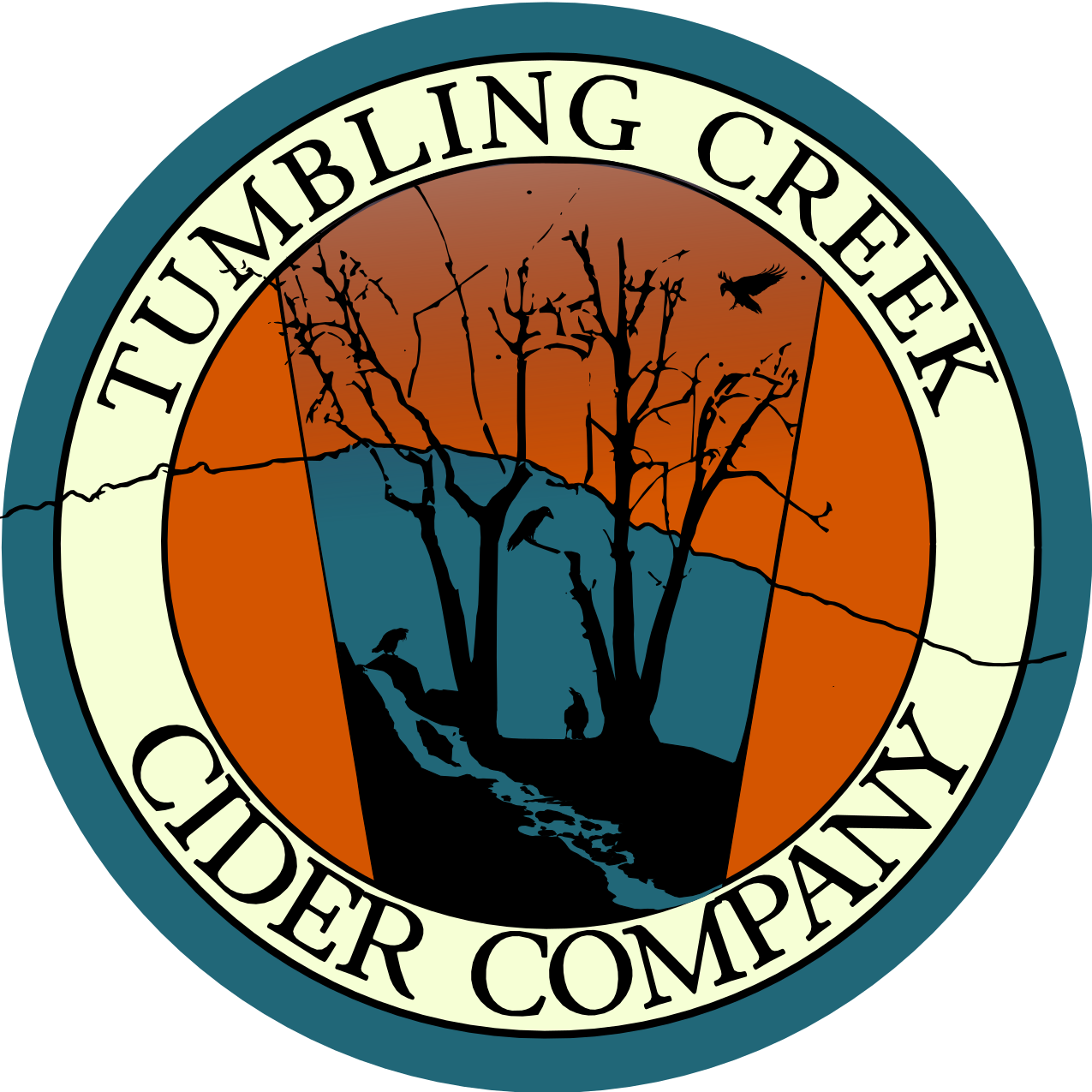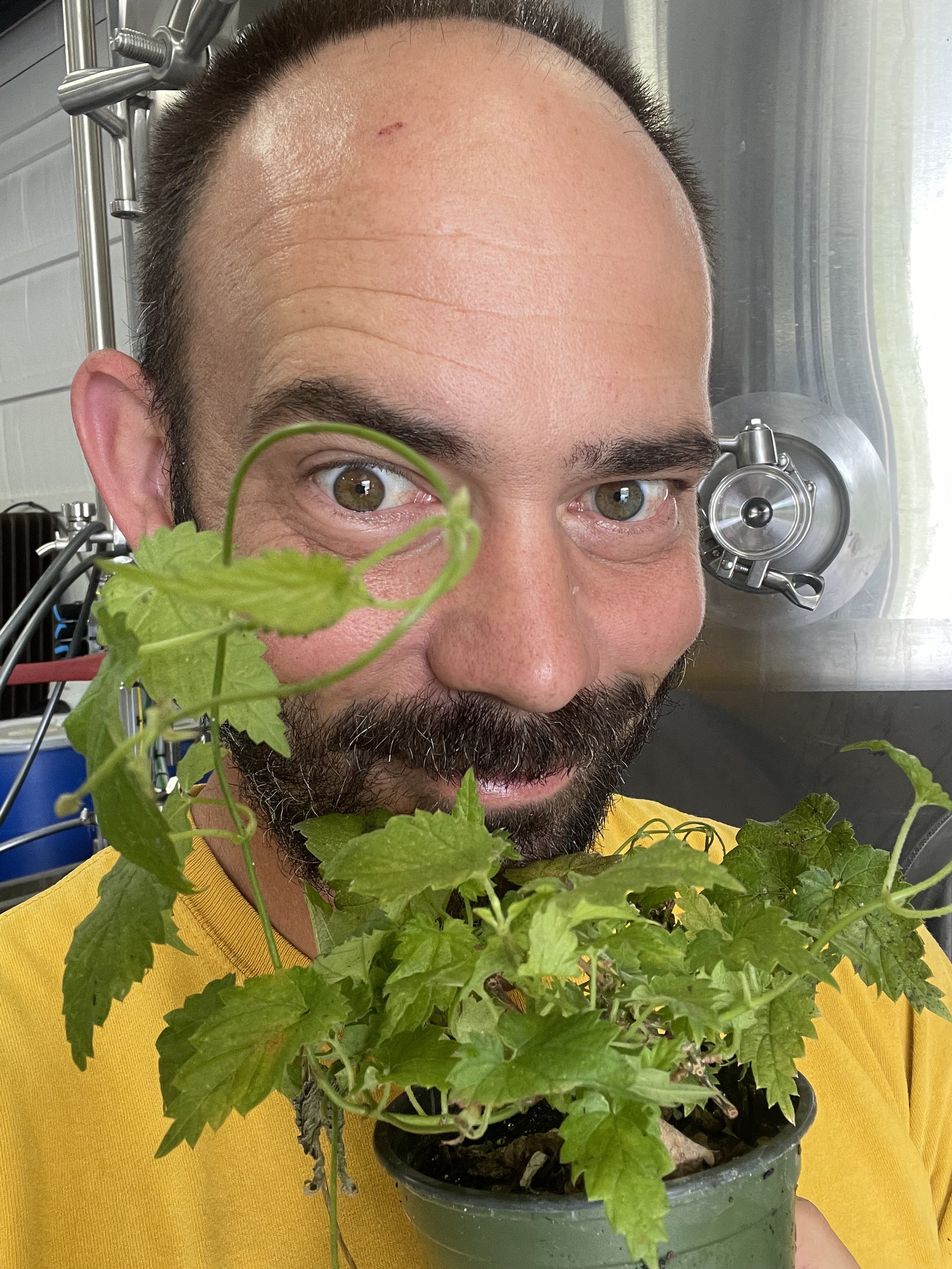TC3 is keeping an eye on all things HOPS.
Hops in hard cider is…Appalachian to the Core.
The Kelly Ridge Farms has grown hops since 2012 as an alternative specialty crop, and TC3 has it’s eye on hopped cider. Read on to learn how hops and hard cider are a match made in…Appalachia.
_____________________________________________________________________
After the loss of tobacco and other cash crops in the region, we wanted to reinvigorate agriculture while also riding the wave of the craft beverage explosion that has swept through the US over the last decade.
Kelly Ridge operates one of the larger hopyards in the south Atlantic region, with a full acre in commercial production. About half the yard is planted in Cascades with other varietals, including Nugget, CTZ, Chinook and Crystal. We use perhaps a few pounds of dried hops per hundred gallons for each batch.
“Every pound of apple or hop that is produced here, is new primary production economic activity for the the region and State.”
This year we added several new varieties and, in collaboration with the state of North Carolina, we tested two newly developed varieties as a part of the first budding results of their south Atlantic breeding program. We also added Bitter Gold, Sorachi Ace (a Japanese hop), Canadian Red Vine and Tea Maker.
Why hops?
Craft beverage drinkers fell in love with hoppy IPAs and other hop centric offerings, so adding the unique aromatics to cider is a modern twist on these heritage inspired cider styles. Hops have a unique expression in cider as compared to traditional beer usage and the wide range of hop varieties gives a diverse pallet of flavors and aromas from which to craft. You’ll find that it gives an extra point of balance and complexity to our ciders.
So it’s just like
brewing beer, right?
Nope.
The bitterness in hops is accentuated through the boiling process. The longer you boil hops in beer, the more bitterness is extracted. Cider production does not have a boil process
(thus it is “made” not “brewed”).
Using hops in craft beverages without boiling them is called “dry hopping.” This process will express more aromatics and volatile compounds that may be otherwise lost in the boil process.
You can also produce an in-season “wet hopped“ beverage using fresh green hops, rather than dried, which also gives it a unique character.
Are you as excited about hops as we are?
Want to learn more about hops, cider making or take a tour of the Kelly Ridge Farms?
Contact Justen at TC3@tumblingcreekcider.com





